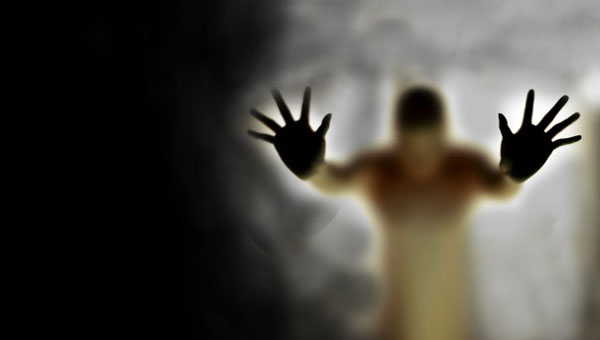“Vendetta” political and personal revelations
Recently, I reread Paruyr Sevak’s “Liturgy in Three Voices” poem (1965). The atrocities committed by the Turks during the great genocide are described in the most naturalistic details, approximately in a way as (judging from the “trailer”) in the “banned” film of the former parliamentarian. But indeed, in the case of Sevak, we are dealing with a gifted poet, the bloody scenes are described with great skills and quick-witted poetic comparisons.
What kind of feelings should such works generate regardless of their artistic value? The desire in all, more or less, indifferent Armenians (also my own) would be revenging on the Turks for their ancestors have treated our women, old people and children similarly. In the case of some people (also my own), the first burst are followed by rational judgment, which leads to the fact that revenge is a feeling that leads to nowhere, a destruction, which gives nothing to the individual, nor the nation. Self-defense is an entirely different thing. In this case, you are taking actions before or during the fight rather than you fight after defeat. Only in the latter case, people name their sons after Vrezh (the Armenian word for revenge).
At the national level, awakening of vengeance is a good reason for war or other violent acts. In the case of atrocities by the Turks, the information, I am sure, fully meets the reality. But, there might also be “occasions” concocted for propaganda purposes, for instance, the Putin propaganda lie about the crucified child in Ukraine. The feeling of revenge at a larger scale may arise in the case of real or possible defeat. Germany defeated and was disgraced in the First World War, and the Nazism rose on the feeling of revenge. The Russian leadership believes that the country defeated in the “cold war” and now, it sets a goal to “recompense”. European Crusaders did cruel acts under the pretext of liberating the tomb of Christ, and now, various types of Islamist groups are taking revenge on “Crusaders”. The Jews crucified Jesus, which is a sufficient ground for some of the Christians to hate all Jews.
Read also
What is a death penalty if not a revenge organized by the state? The perpetrator is not punished, he is not isolated from the society, he is taken a revenge by shedding blood. It’s more like a rite in ancient times when the appearance of blood “gives power” to others.” State, group or personal “vendetta” are not much different from one another. Primal people or Islamic extremists eat the enemies’ internal organs. The modern states also satisfy the thirst for the blood of their citizens by executions.
Revolutions are often contain element of revenge in them. Political leaders usually get use of the fact that poor people are no longer willing to put up with the existence of the rich and riot, which can be expressed by burning the palaces of the rich and looting luxury stores.
This is how the poor take their revenge. In the developed countries, the state established “safety bags” and social protection mechanisms between the rich and the poor so that the matter would not get to revenge. In an undeveloped countries like ours, the rich are so witless and greedy that they do not create such bags.
Aram ABRAHAMYAN
“Aravot” daily, 06.06.2015























































